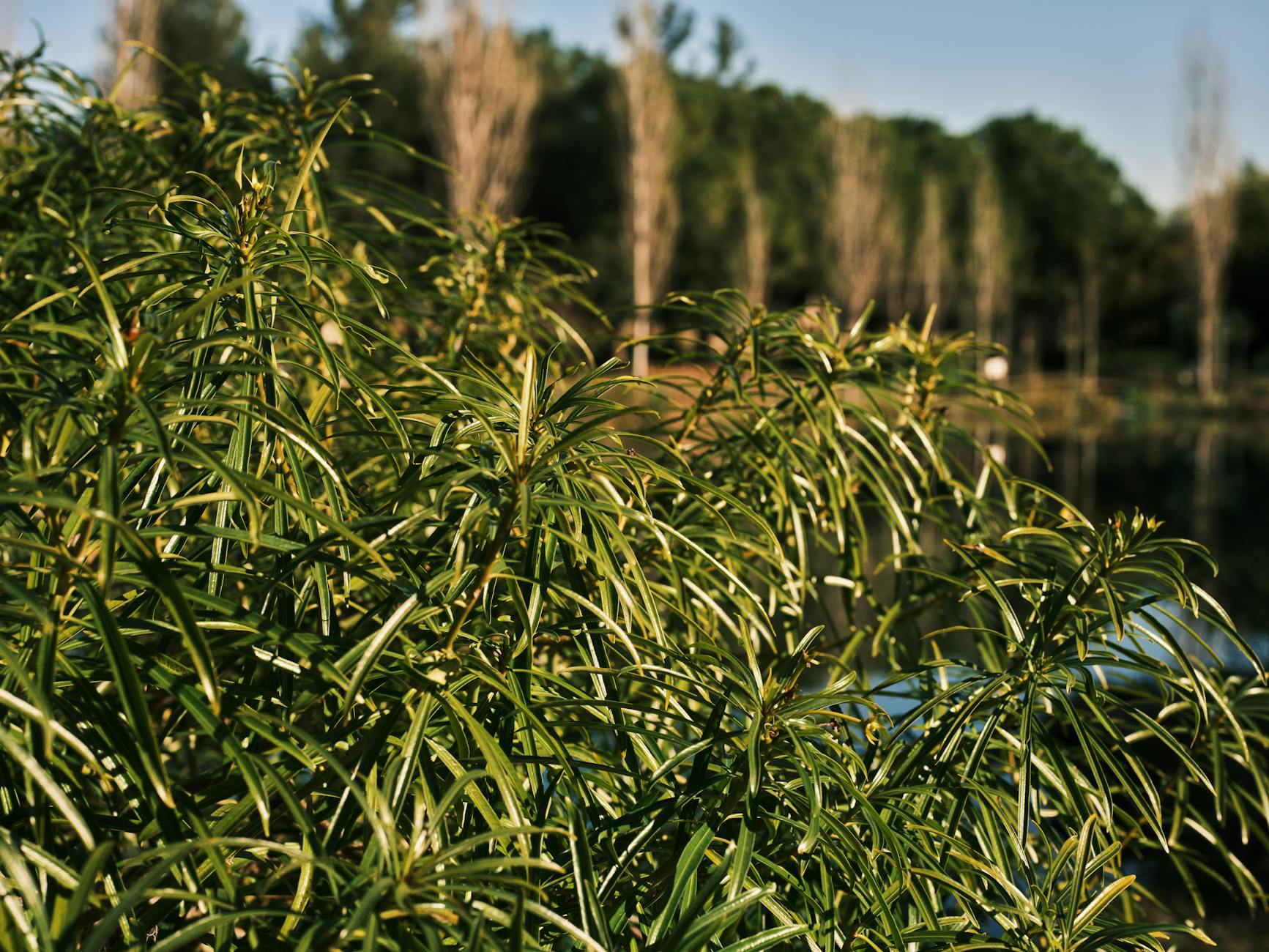Right, you lot. Gil here, your resident caffeine connoisseur and accidental metalhead. Let’s talk coffee, specifically the kind that doesn’t involve exploiting farmers or destroying rainforests. Because even a curmudgeon like myself appreciates a good cup and a clear conscience.
The Bitter Truth About Coffee’s Dark Side
For years, the coffee industry has been, shall we say, less than savory. We’ve been indulging in our daily caffeine fix without much thought to where those beans actually come from. The reality? Often, it’s a story of exploitative labor practices, environmental degradation, and unsustainable farming techniques. It’s enough to make even the most jaded stockbroker—like myself—wince. But there’s hope, my friends, a genuine revolution brewing, focusing on ethical and sustainable sourcing.
The Farmer’s Burden
Think about it: the people who actually grow the beans that fuel our daily routines often face poverty and lack access to fair wages and resources. Many smallholder farmers struggle with unstable market prices and limited access to credit and technology. This is a systemic problem, a grim truth hidden beneath the frothy surface of our morning lattes. It’s a reality that needs to change.
A Sustainable Sip: Innovative Solutions
Thankfully, innovative solutions are emerging to address these challenges. Direct trade relationships, where coffee roasters work directly with farmers to ensure fair prices and ethical practices, are gaining traction. Certification programs like Fair Trade and Rainforest Alliance provide consumers with a way to identify and support sustainably produced coffee. This means you can enjoy your morning joe with a clearer conscience. Just make sure to read the labels carefully – I’ve seen some dubious certifications.
Shade-Grown Solutions
Beyond ethical sourcing, sustainable coffee production also means preserving our planet. Traditional sun-grown coffee farming practices often lead to deforestation and soil erosion. This is where shade-grown coffee comes in, where coffee plants are cultivated under a canopy of trees, preserving biodiversity and minimizing environmental impact. It’s like a tiny ecosystem within your cup, and it tastes far better than the stuff grown in sterile conditions.
There’s even a movement towards using regenerative agriculture techniques, which focus on improving soil health and increasing carbon sequestration. It’s about giving back to the land, and it’s really quite brilliant. The USDA’s work on regenerative agriculture is a great resource for those wanting to learn more about these innovative farming practices.
Investing in a Better Future: The Long Game
As a retired stockbroker, I’ve spent decades analyzing markets, looking for long-term, sustainable investments. And let me tell you: ethical and sustainable coffee is a very good investment, the kind that pays dividends beyond the financial realm. Think of it as a long-term portfolio strategy for the planet, one bean at a time.
The Ripple Effect of Conscious Choices
By choosing sustainable coffee, you’re not just impacting your own palate; you’re contributing to a positive ripple effect across the entire supply chain. You’re supporting the livelihoods of farmers, preserving biodiversity, and minimizing environmental harm. It’s a far cry from that frantic crypto trading I see those young whippersnappers engaging in. I’m firmly in the camp of coffee as a better investment – less volatile, a guaranteed morning jolt, and far less likely to end up a zero.
Consider this: a simple change in your coffee habits can have a profound impact. And who knows, you might even start appreciating the nuanced flavors of high-quality, sustainably sourced beans. Just don’t tell the guys at the bar I said that. They’d never let me live it down. Unless, of course, I make them a really exceptional cup of coffee. Perhaps with my antique percolator, I’ll be able to trade a few cups of ethically sourced Colombian Supremo for some well-deserved praise. Speaking of cups, if you need a sturdy, metal companion for your next brew, check out our mens coffee mugs – perfect for those who appreciate the finer things in life, even if that finer thing is a skull-crushing dose of caffeine.
Beyond the Bean: A Call to Action
Look, I get it. The world of ethical and sustainable coffee can seem complicated. But even small steps can make a big difference. Start by choosing certified coffee whenever possible. Research brands that prioritize transparency and ethical sourcing. Talk to your local roasters—they often have great stories to share and will undoubtedly appreciate the interest. Support organizations working to promote sustainable coffee farming practices. Because at the end of the day, it’s not just about a delicious cup of coffee—it’s about a healthier planet and a fairer world. And if that isn’t something worth fighting for, I don’t know what is.
Oh, and one last thing. Check out this study on the impact of fair trade practices: Fair Trade and Farmer Well-being: A Systematic Review and Meta-Analysis. It’s dry as a roasted bean, but trust me, the data is compelling.

